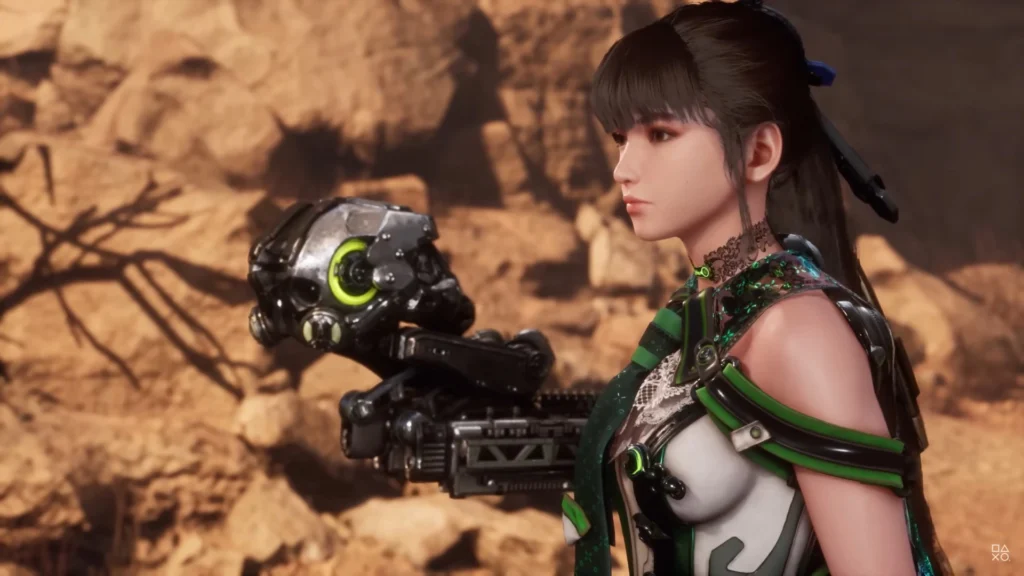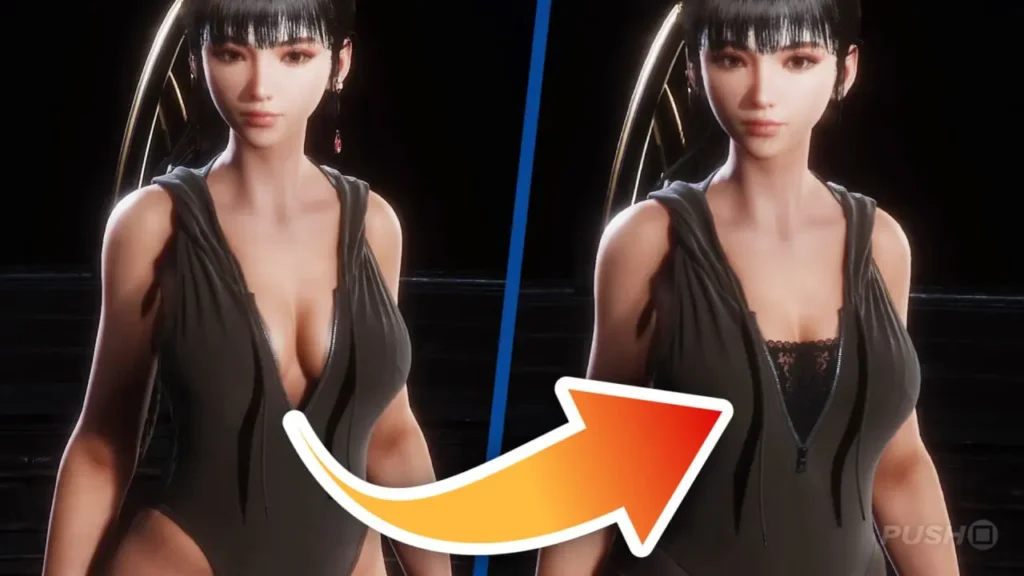Stellar Blade, the highly anticipated PlayStation 5 exclusive from developer Shift Up, has become embroiled in controversy following a day-one patch that significantly reduced the amount of revealing clothing worn by its main character, Eve. This unexpected change has sparked outrage among a segment of the game’s player base, leading to accusations of false advertising, refund requests, and even calls to boycott PlayStation Plus.
Eve’s Allure and the Initial Hype

Despite being a console exclusive and lacking a PC version, Stellar Blade garnered significant pre-release buzz. A major contributing factor was the character design of Eve, the game’s protagonist. Shift Up heavily promoted Eve’s curvaceous figure and revealing outfits in trailers and gameplay demos, emphasizing a level of sexual appeal uncommon in mainstream action games.
This strategy proved effective in attracting attention, particularly among players who appreciate such aesthetics. The focus on Eve’s physical attributes became a talking point within the gaming community, further fueling anticipation for the title.
The Controversial Patch and Alleged Censorship
However, upon release, Stellar Blade players discovered a significant alteration to Eve’s character model. Several of her previously showcased outfits, characterized by large amounts of exposed skin, were noticeably modified in the day-one patch. This change led many to believe that the developer had been pressured to censor the game’s content, possibly due to external regulations or internal policies.
The modified outfits covered significantly more of Eve’s body compared to their pre-release iterations. This shift in design clashed with the expectations cultivated by the game’s marketing materials, leaving some players feeling misled.
Gamer Backlash and Demands for Restoration

The perceived censorship ignited a wave of discontent among a portion of the Stellar Blade player base. Disgruntled fans expressed their disapproval through various channels. Some voiced their disappointment online, accusing Shift Up of “bait-and-switch” tactics and false advertising. Others went a step further, demanding refunds for the game, arguing that the altered character design constituted a significant deviation from what was advertised.
The controversy even extended to Sony’s PlayStation Plus subscription service. Some players, mistakenly attributing the censorship to Sony’s content moderation policies, called for a boycott of PlayStation Plus in protest.
Furthermore, a petition demanding the restoration of the original outfits gained significant traction. As of this writing, the petition has garnered over 35,000 signatures, highlighting the depth of feeling surrounding this issue.
Beyond the Controversy: Examining the Underlying Issues
While the outrage surrounding Eve’s outfit changes has undoubtedly been the most prominent aspect of the Stellar Blade controversy, it’s important to acknowledge the broader issues at play. This incident raises questions about the role of sexualization in video games, the expectations set by marketing campaigns, and the potential for disconnect between developers and certain segments of the player base.
The Sexualization of Video Game Characters
The use of sexual appeal to market video games, particularly towards male audiences, has been a longstanding practice in the industry. However, in recent years, there has been a growing movement advocating for greater diversity and representation in video games, including a move away from the hyper-sexualization of female characters.
The Stellar Blade controversy reignites this debate. While some players appreciate the aesthetic appeal of characters like Eve, others find it unnecessary and potentially objectifying. This incident serves as a reminder of the ongoing conversation surrounding the portrayal of women in video games.
Marketing, Expectations, and the Disconnect

The controversy also highlights the potential for a disconnect between marketing campaigns and the final product. Shift Up’s heavy emphasis on Eve’s physical attributes in promotional materials undoubtedly fueled specific expectations among certain players. When these expectations were not met upon release, it led to feelings of disappointment and even betrayal.
This incident underscores the importance of developers carefully managing expectations during the marketing phase. While it’s natural to showcase a game’s most attractive features, it’s crucial to ensure that the marketing accurately reflects the final product to avoid misleading potential customers.
Conclusion: A Missed Opportunity for Dialogue?
The Stellar Blade controversy has unfortunately overshadowed the game itself, which offers its own unique gameplay mechanics and narrative. While the outrage from a portion of the player base is understandable, it’s important to acknowledge the existence of diverse perspectives on this issue.
This incident presents a missed opportunity for a broader discussion about the role of sexualization in video games, the expectations set by marketing, and the importance of clear communication between developers and players. Moving forward, it’s crucial for the industry to foster an environment that embraces diverse voices and preferences while promoting respectful and inclusive game development practices.













